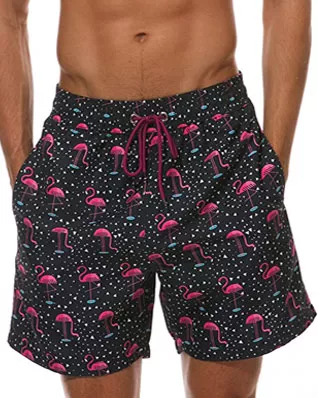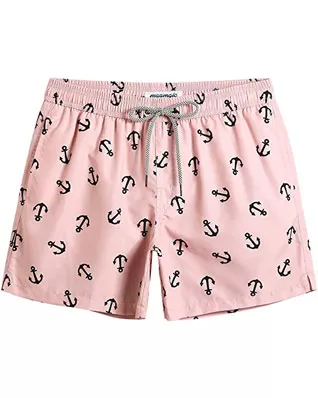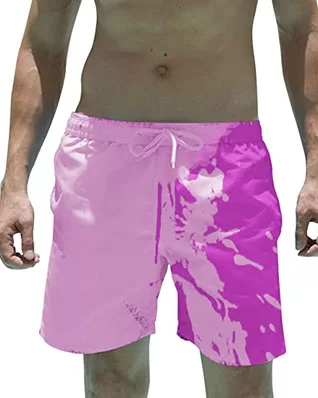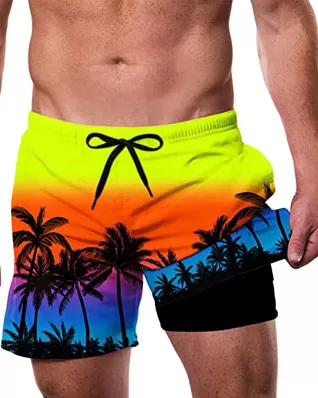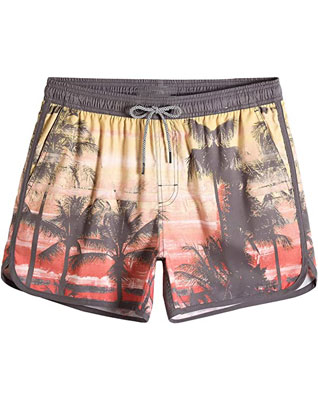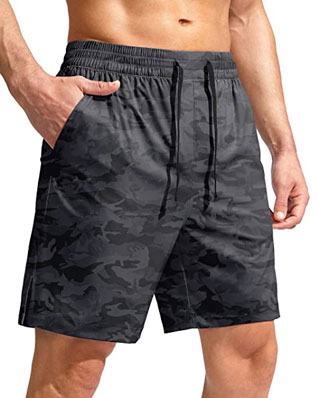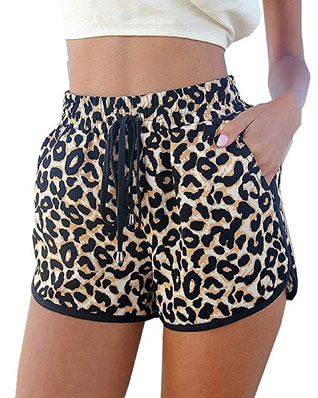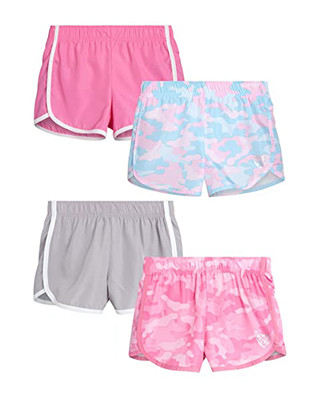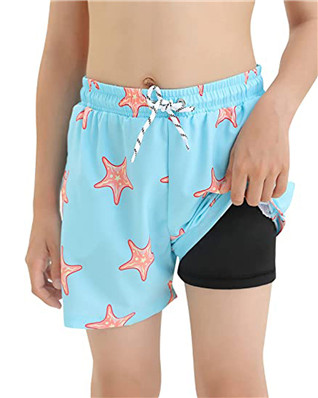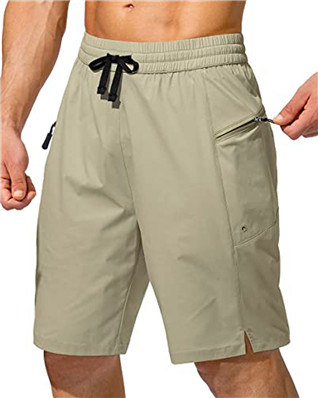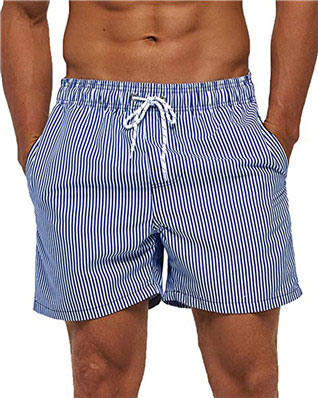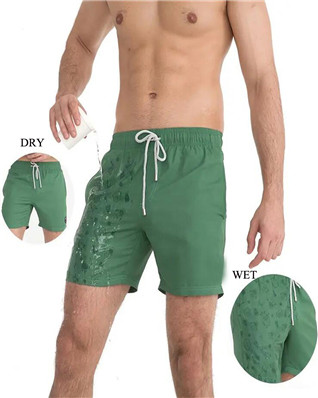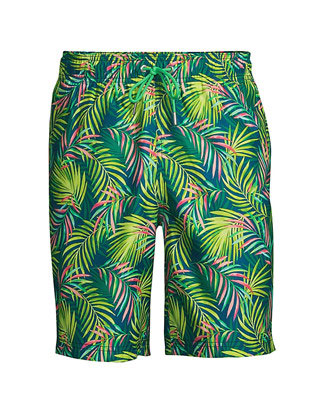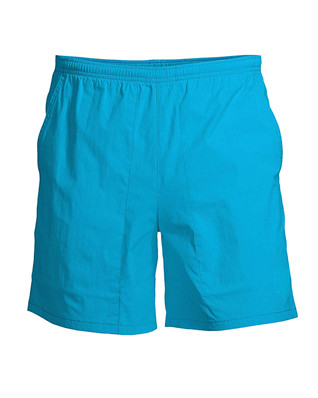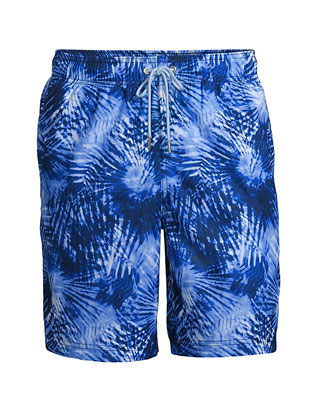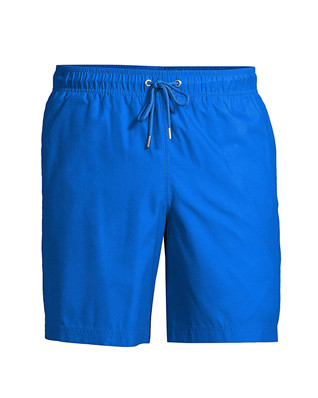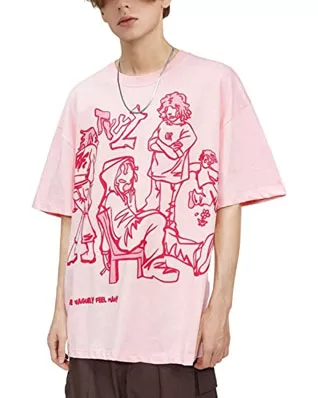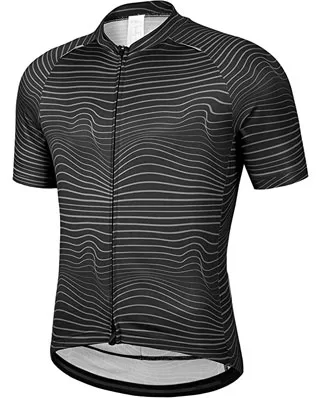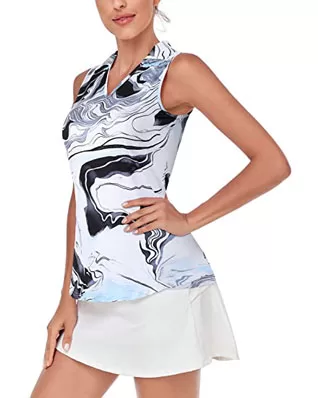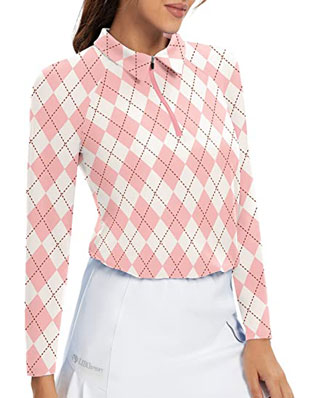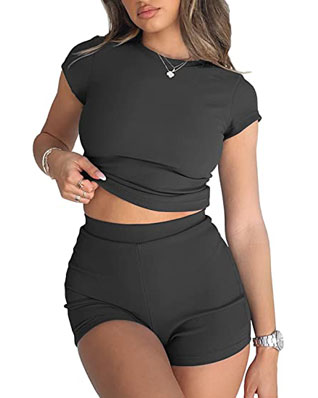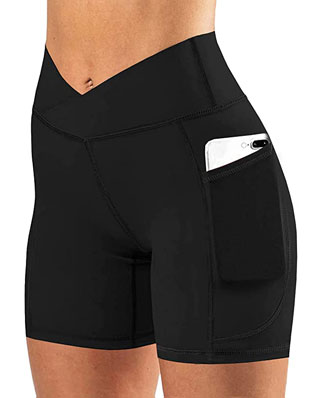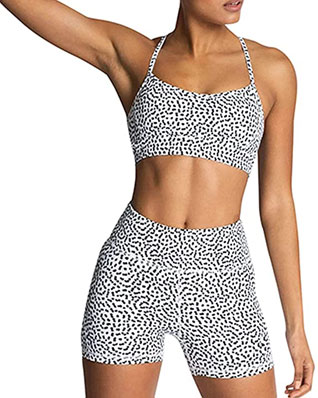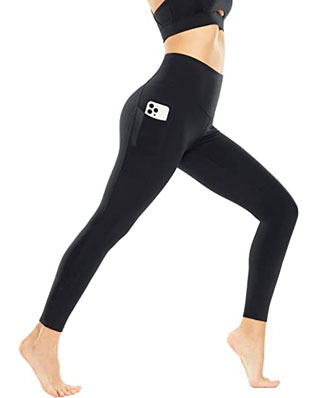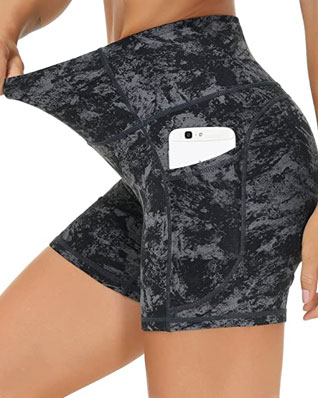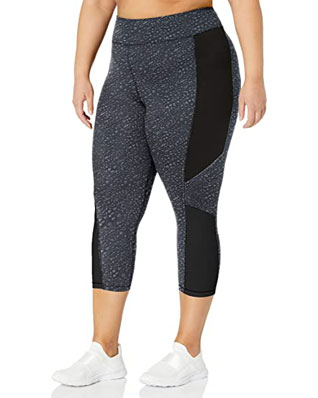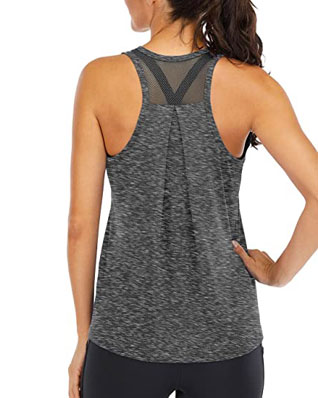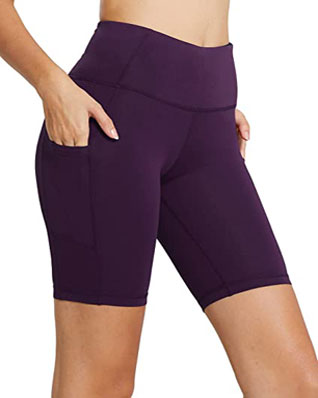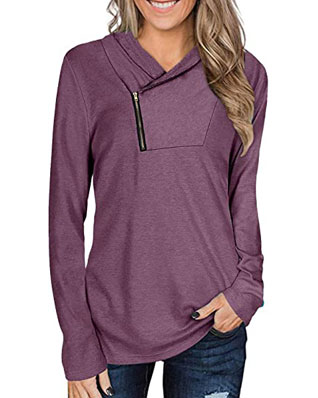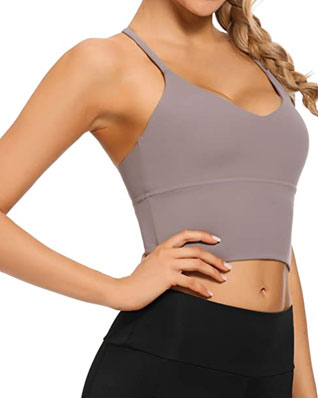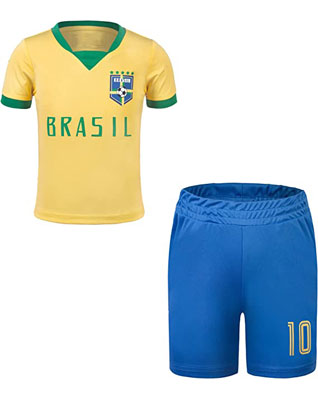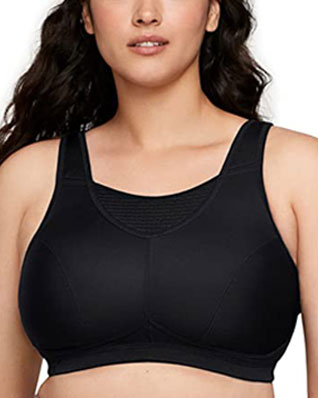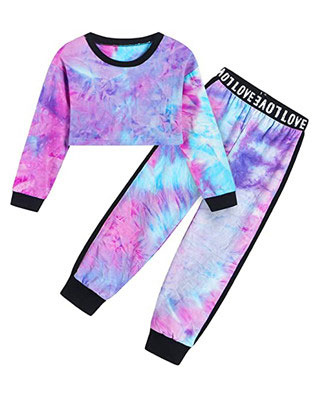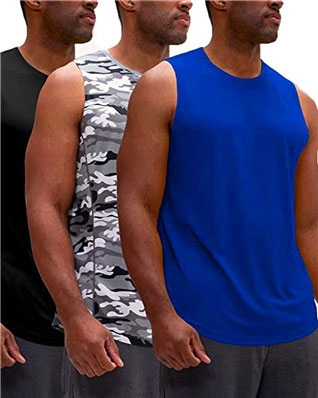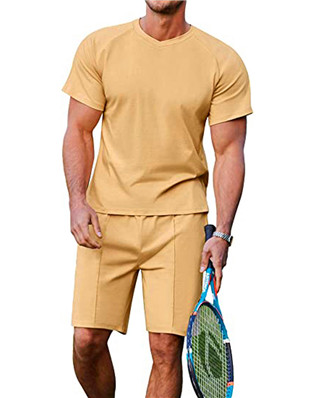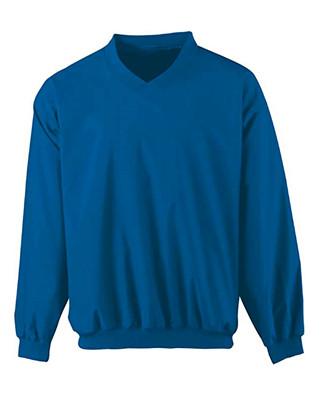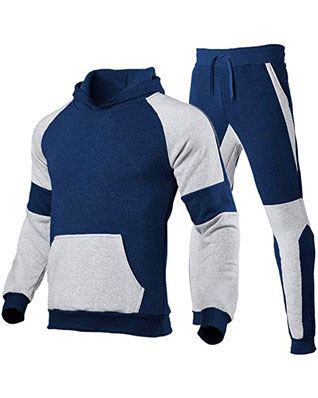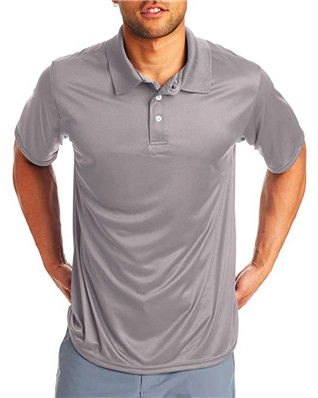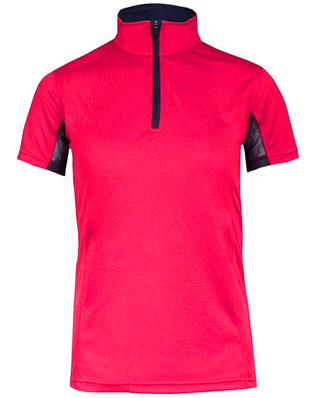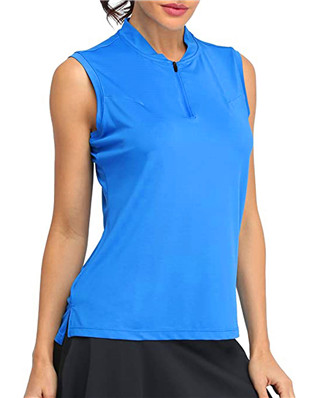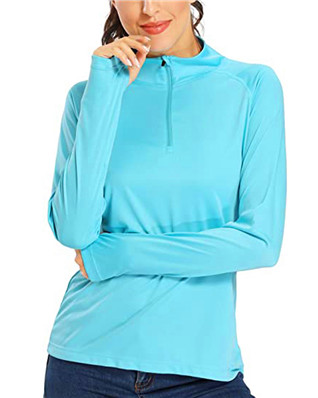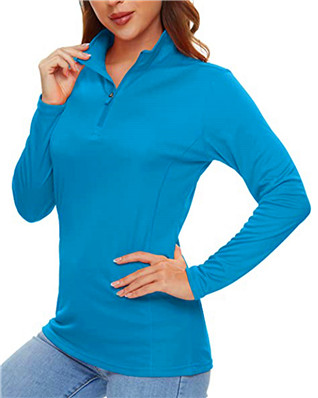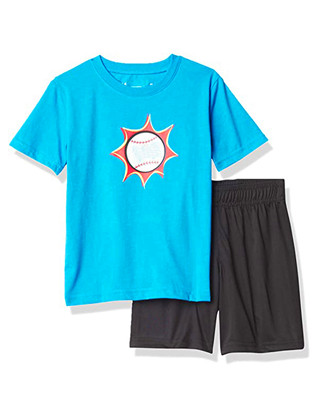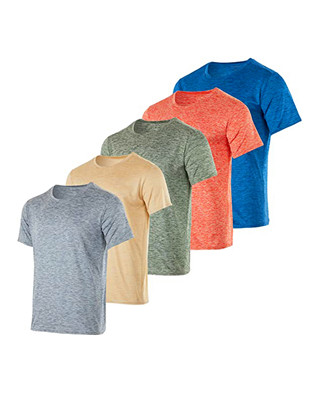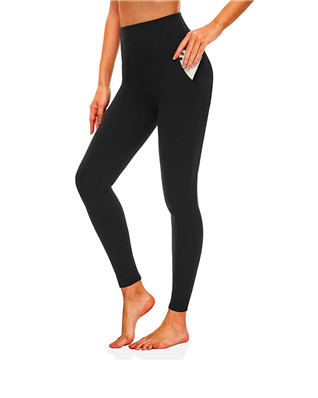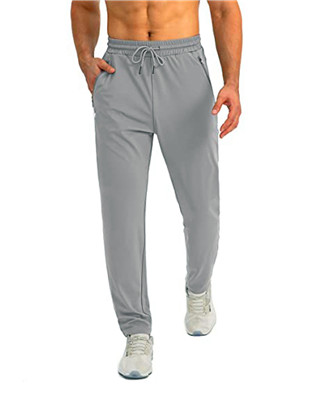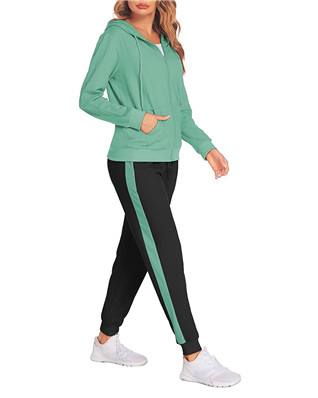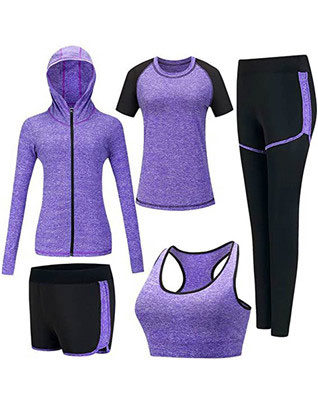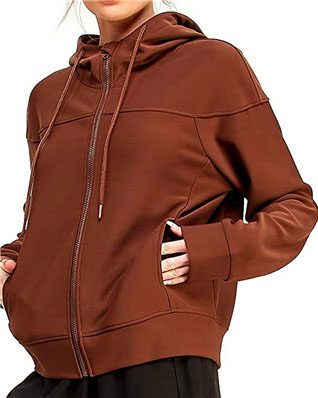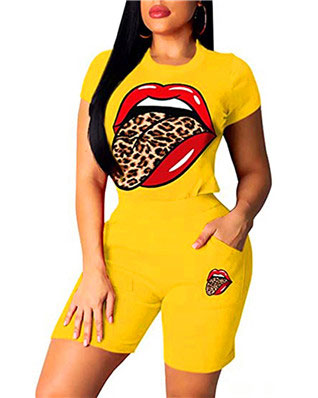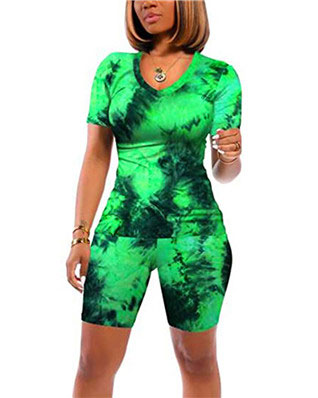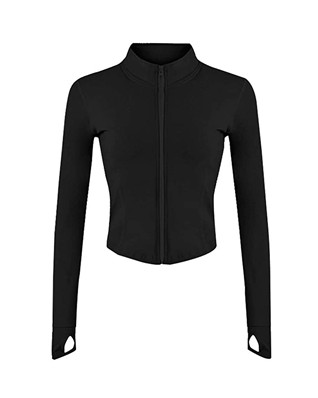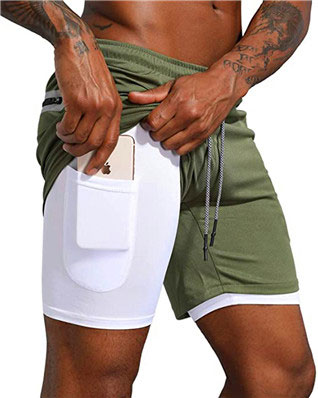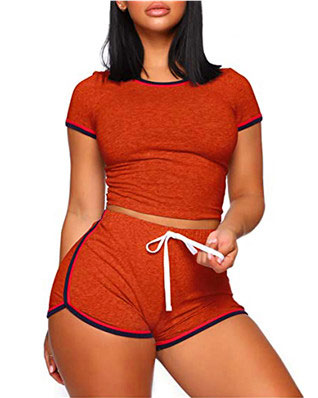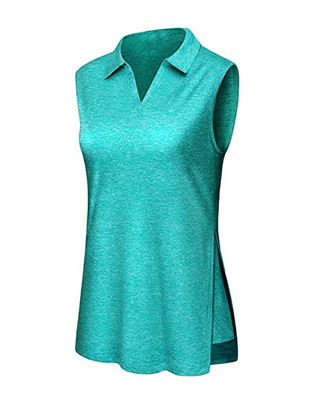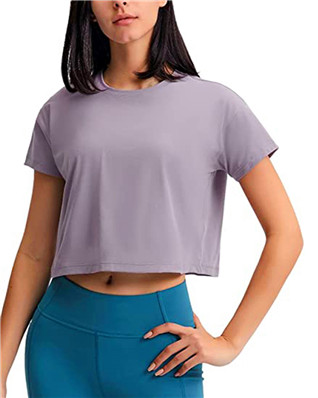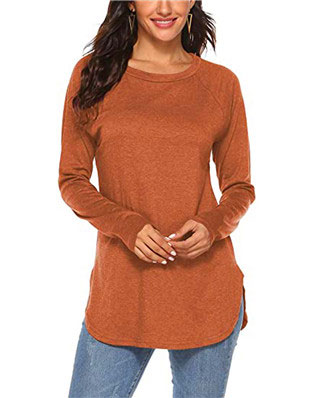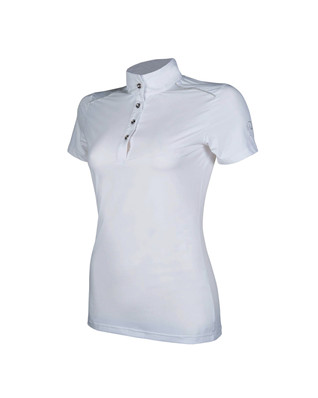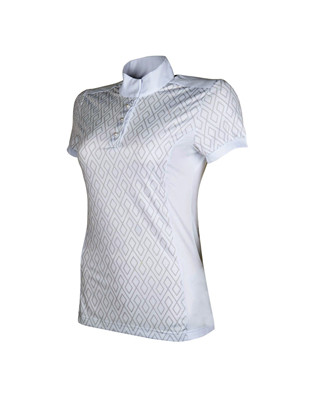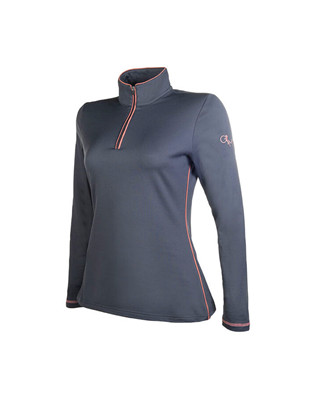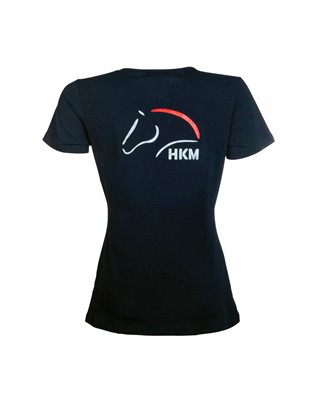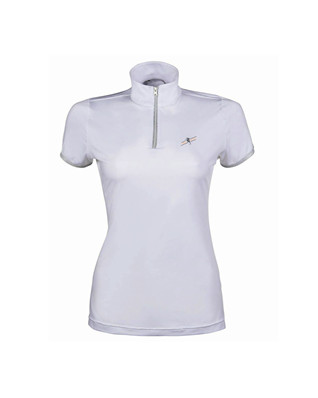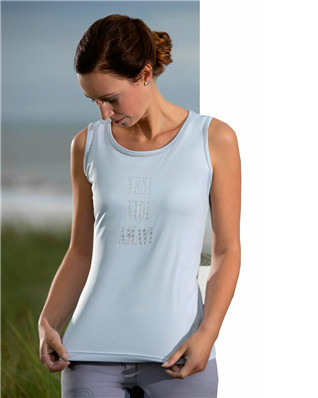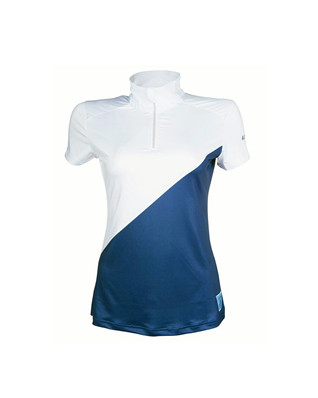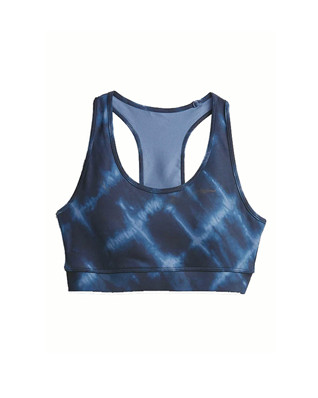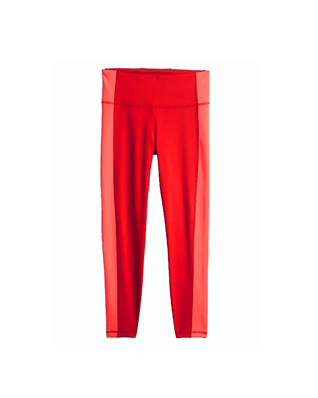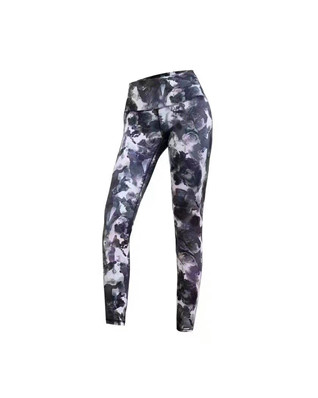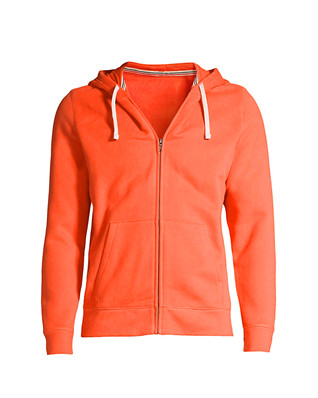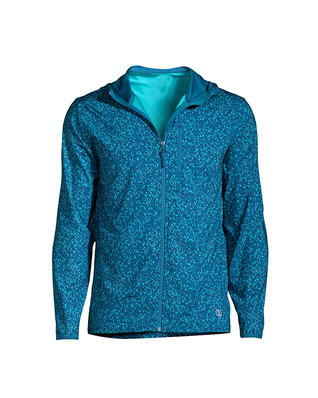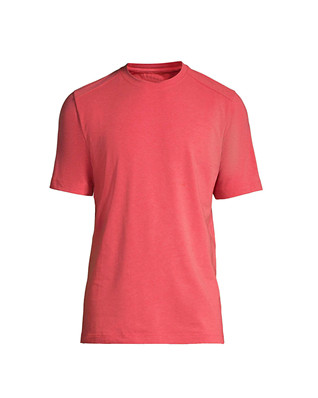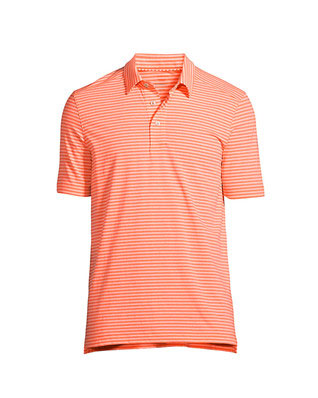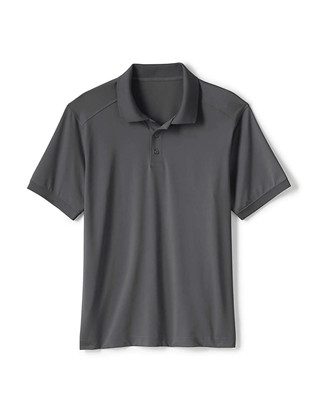
UK and Irish shoppers don’t care much about whether the clothes they purchase are sustainable because they don’t offer tangible benefits, at least according to a recent survey.
The poll conducted by workwear giant Alexandra asked consumers how much importance they put on sustainable clothes, with most considering it an afterthought to price and comfort.
These results could concern pricier sustainable clothing brands that use their environmentally friendly focus as their unique selling point because they could easily be beaten by a cheaper competitor.
Eco friendly clothing
Do shoppers care about sustainable clothes?
The Alexandra ethical survey results suggest that British and Irish shoppers don’t prioritise sustainable clothes when shopping for new garments.
When asked, “When shopping for clothes, what is your primary deciding factor?” consumers ranked environmental impact fourth of eight possible options, with only 7.1% considering it the most important point.
Instead, as shown in the full results listed below, shoppers view ‘Price’, ‘Comfort’ and ‘Quality’ as more important deciding factors than a garment’s ‘Environmentally friendliness’:
Survey results
‘Environmental impact’ is well down the list of consumer concerns, with ‘Quality’ the priority of nearly 3x as many shoppers and both ‘Comfort’ and ‘Price’ between 4-5x as important.
These results are consistent with the answers from another question in the poll. When asked, ‘How important to you is it that a garment is sustainable?’59% of respondents ranked it from ‘Somewhat important’ to ‘Not important at all’.
The age of respondents seems to make the difference between giving sustainability a second thought or not. For example, 18-24s were the most likely group to rank sustainability as ‘Not important at all’, whereas 45-54-year-olds tend to believe it’s ‘Somewhat important’.
So while the consensus is that ‘Environmental impact’ is not a big concern for around 93% of people when purchasing new garments, of that 93%, middle-aged consumers are most likely to consider shopping sustainably.
Why aren’t more consumers shopping for sustainable garments?
The sustainable and ethical survey results show that price is likely why more consumers aren’t choosing sustainable fashion.
‘Price’ is the most important deciding factor when purchasing clothes for nearly one-third of UK & Irish shoppers.
Yet price is somewhat of an Achilles heel of the eco-friendly fashion industry because their clothes are often more expensive due to their high standards.
Many sustainable brands aim to use cruelty-free supply chains and recycled materials, pay living wages and improve working conditions while creating clothes that reduce waste and reduce water usage.
Eco clothing symbols
Such targets come at a cost that’s often reflected in their on-shelf, putting them at a much higher price point than non-sustainable based brands and putting them out of reach for many consumers.
This point is exemplified by the fact that most shoppers are either undecided (38.2%) or ‘Unlikely’ (20.6%) when asked, ‘How likely would you be to purchase a sustainable garment if it were more expensive than a non-sustainable equivalent?’. An answer you’d expect to be more in sustainability’s favour if consumers were serious about deliberately choosing eco-friendly clothing.
Wealthier consumers further demonstrate the point. For example, respondents who weren’t concerned by price when buying clothing were 22% more likely to agree it’s important to buy sustainably, which suggests people who have the money will shop sustainably where they can, and price is a barrier for most.
Tuttavia, even in this circumstance, those who would purchase a sustainable garment over a cheaper non-sustainable alternative tend to do so because they believe it’s more likely to be higher quality, not primarily due to its eco-friendly credentials.
What do the workwear survey results suggest?
These results suggest that the real problem with sustainable clothes is that they don’t offer tangible benefits to the consumer.
Clothes that are comfortable, cheaper or higher quality offer consumers benefits they can experience day-to-day. Whether that be in the way they feel while wearing them, the money they have left in their pockets or the durability of the garments they purchase.
Meanwhile, eco-friendly options don’t offer immediate, real-term benefits in themselves and instead rely on the good feeling purchasers might experience for having done right by the environment.
Environmentally friendly clothing
What should eco-friendly manufacturers do?
44.4% of British & Irish shoppers purchase clothing at least once every three months, which means there’s a large market for manufacturers that make products that target consumer demands.
When asked to define what sustainable clothing means, ‘longer-lasting clothing’ was the most selected single answer (27.5%). This is good news for the industry because it suggests people believe sustainable clothing is of higher quality than non-sustainable alternatives and gives manufacturers a marketing angle to use to their advantage.
Moreover, consumers want high-quality products. With‘Price’ (29.5%) and ‘Quality’ (19.7%) ranking second and third respectively on the list of shopper priorities, it suggests most consumers are looking for value for money from garments.
Therefore, if sustainable brands could create durable, high-quality clothing that competes on price while remaining eco-friendly, they’d be on the path to success.

